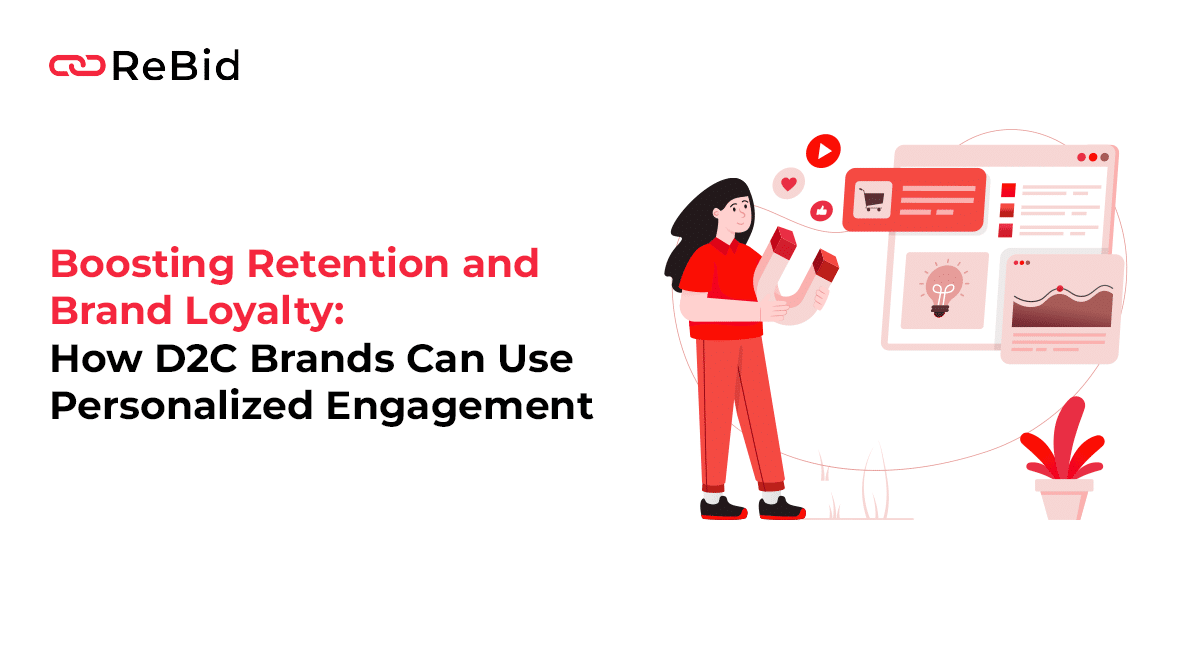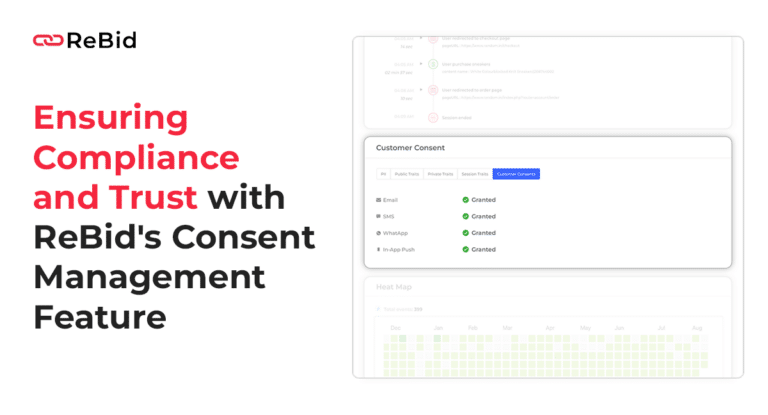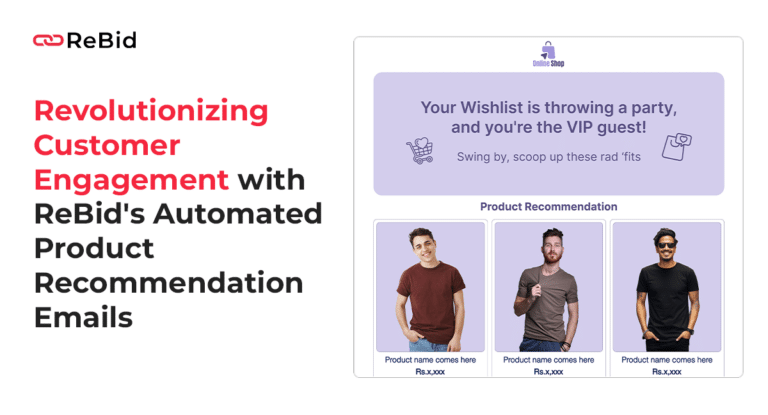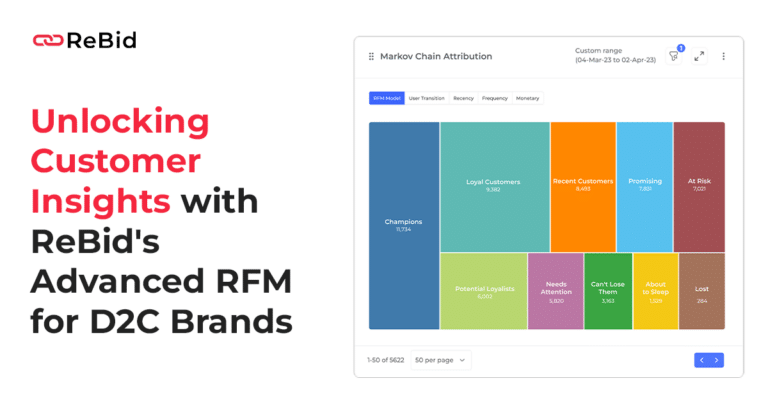Customer engagement strategies for any brand is a must to stay ahead. However for today’s fiercely competitive business world, Direct-to-Consumer (D2C) brands face the daunting challenge of retaining customers and building brand loyalty even more. In order to stay ahead of the competition, D2C brands need to go beyond traditional marketing tactics and adopt a more personalized approach. Personalization can help D2C brands create an emotional connection with their customers, which can lead to increased retention and brand loyalty. In this article, we will explore how D2C brands can use personalized engagement to boost retention and brand loyalty.
Importance of having personalized customer engagement strategies
Personalization has become a crucial aspect for business owners who want to connect with their customers. It has an impact on every business performance indicator. Based on a McKinsey report, 71% of customers anticipate personalized interactions with companies. When this expectation is not met, 76% of them become dissatisfied. Nowadays, personalization is no longer optional, but it is rather an essential requirement of customers.
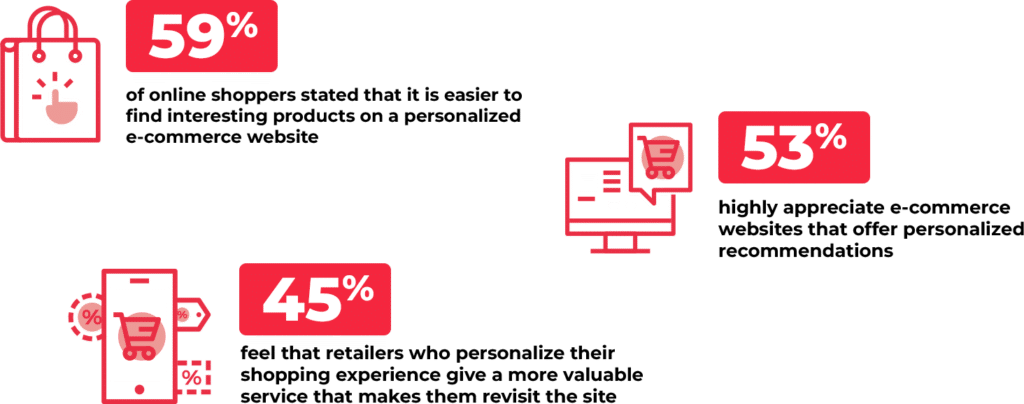
Discover a New Approach to Personalization for Your Direct-to-Consumer Brand
1. Product discovery on search results
One of the key ways that D2C brands can use personalized customer engagement strategies is by optimizing their product discovery on search results. By analyzing customer search data, D2C brands can gain valuable insights into the keywords and phrases that customers use to search for products. This information can be used to optimize product listings and improve search engine rankings, making it easier for customers to find the products they are looking for.
In addition to optimizing product listings, D2C brands can also use personalized search to recommend products that are relevant to each customer’s interests and preferences. By analyzing customer behavior and purchase history, D2C brands can recommend products that are more likely to appeal to each customer, increasing the chances of purchase and building brand loyalty.
2. Customized Social Media Advertising
Social media advertising has become an essential channel for D2C brands and it should be a key driving factor in your personalized customer engagement strategies playbook. However, in order to stand out from the crowd, D2C brands need to go beyond generic social media advertising strategies and adopt a more personalized approach. By customizing social media ads based on customer’s interests and preferences, D2C brands can create a more engaging and relevant experience for their customers.
In addition to customizing social media ads, D2C brands can also make their social media content shoppable. By adding links to product pages or integrating with an e-commerce platform, D2C brands can make it easy for customers to purchase products directly from social media, reducing friction in the buying process and increasing customer satisfaction.
3. Personalized Shopping Experience through AI-based segmentation
Customer engagement strategies can be many but one of the important method which all D2B brands should adopt is using AI-based segmentation to create a more personalized shopping experience. By analyzing customer behavior across web, app, advertising and marketing channels, D2C brands can segment customers into different groups based on their interests and preferences. This information can then be used to create personalized shopping experiences that are tailored to each customer’s needs.
4. Data unification across multiple sources to map a unified customer journey
Finally, D2C brands can use data unification to map a unified customer journey. By integrating data from multiple sources, including website analytics, social media, email marketing, and customer service, D2C brands can gain a comprehensive view of each customer’s behavior and preferences. This information can then be used to create a more personalized and engaging customer experience.
For example, by analyzing customer behavior across multiple channels, D2C brands can identify areas of the customer journey that are causing friction or dissatisfaction. They can then use this information to optimize the customer experience, making it more seamless and satisfying for each customer.
Maximize Your D2C Brand’s Potential with a MADtech Intelligence Platform
If you’re a D2C brand looking to implement personalized engagement strategies, consider ReBid! With ReBid’s integrations across search, social, programmatic, e-commerce, email, data sources, and more, you can unify your customer data and gain a 360-degree view of each customer across multiple touchpoints. This allows for AI-based segmentation of customers based on their preferences and behaviors which further helps in activating omnichannel personalized campaigns across advertising and marketing channels, helping you to drive retention and brand loyalty.
In addition to this, ReBid can help D2C brands unify their reports across all their advertising campaigns across search, social, programmatic, e-commerce and MMP channels. With ReBid, brands can track and analyze the performance of their campaigns in real time and optimize them accordingly. This can help brands make data-driven decisions, increase their ROAS and ultimately achieve their advertising goals. By providing a comprehensive view of all advertising efforts, ReBid can streamline advertising operations and enhance overall marketing effectiveness.

